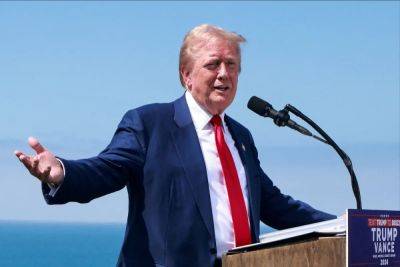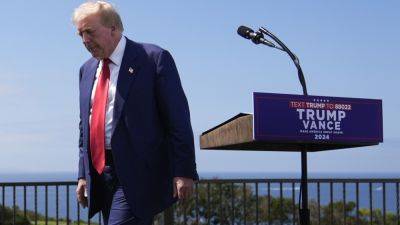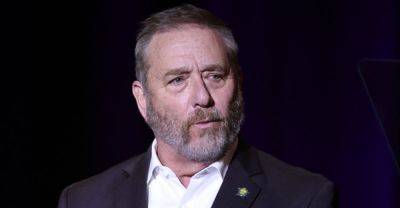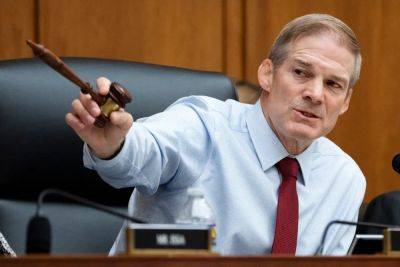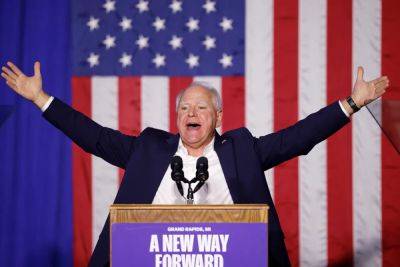How AI images of cats and ducks powered the pet-eating rumor mill in Springfield, Ohio
The rumor mill about immigrants attacking household pets got its start in thinly sourced anecdotes shared at government meetings and on social media. But it really got going when AI-generated images and video that memeified the stories went viral.
Early this week, even before former President Donald Trump shocked debate viewers Tuesday night with talk of immigrants “eating the pets,” the topic gained momentum because high-profile accounts, including tech billionaire Elon Musk’s, shared the cartoonish images made with artificial intelligence.
Using various AI apps including Musk’s Grok service and a Chinese-owned app, people made cutesy and sometimes racist images and videos in seconds in order to push the idea that Trump would protect animals while Vice President Kamala Harris would not.
And once those images and videos were shared and reshared, some of them piled up tens of millions of views and made their way to Trump’s own social media accounts.
Some of the images shared by social media users were openly prejudiced, showing Black people chasing after cats. In one often-shared example, an AI-generated Trump is seen running through a field with a cat under each arm while two shirtless Black men run after him.
This year, many AI experts worried that realistic deepfakes would be a major threat to public discourse because of the ability to create believable audio or video of presidential candidates, but for the most part, the election has being shaped by obviously fake, AI-made joke images, pumped out quickly to accompany various lines of attack, real or not. These images and videos often create a more engaging and shareable post — regardless of whether they’re based in truth.
A.J. Bauer, an assistant professor of


